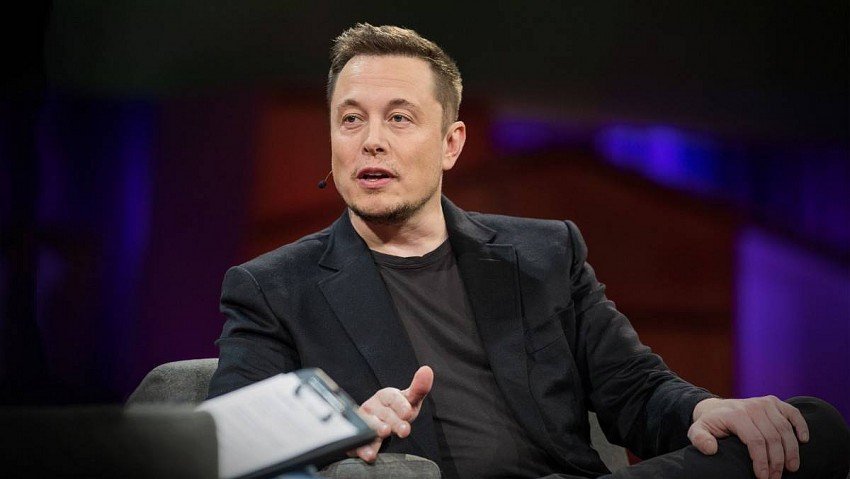The United States, a global superpower, faces a myriad of economic challenges, from soaring national debts to budget deficits. Amid these concerns, Elon Musk, the renowned entrepreneur and CEO of Tesla and SpaceX, has made waves with his statement that the US could save a staggering $1 trillion in its budget before May. But what does this bold claim mean, and how could such savings come to fruition? Let’s delve deeper into Musk’s assertions and examine the potential implications for the future of the US economy.
### **Understanding the Current Economic Landscape**
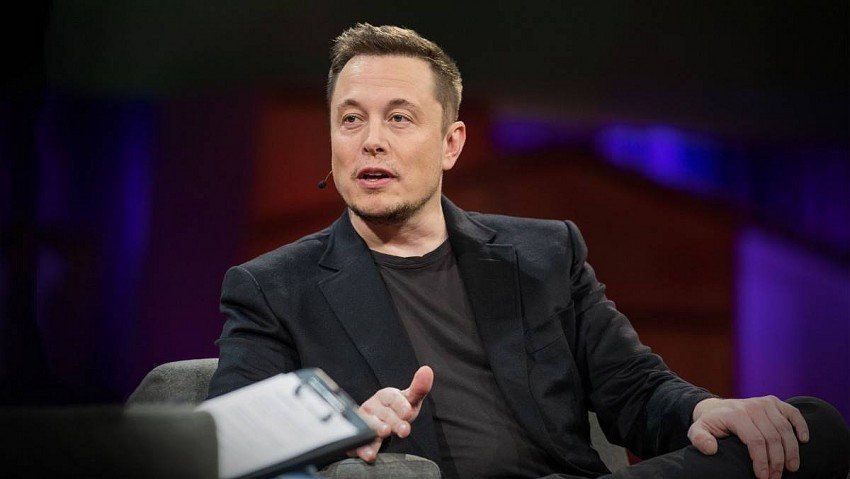
Before we explore Musk’s prediction, it’s important to take a closer look at the current economic environment in the United States. The nation’s national debt has been climbing steadily for years, with recent reports showing the debt surpassing $31 trillion. The deficit, which occurs when the government spends more than it collects in revenue, is a constant concern for economists and policymakers.
In the face of these fiscal challenges, the federal government has undertaken several measures, including spending cuts, tax reforms, and stimulus packages. Yet, the balancing act between promoting economic growth and curbing spending remains difficult. Musk’s announcement suggests that there may be a way to address this issue on a significant scale.
### **Elon Musk’s Bold Claim**
Elon Musk, the visionary billionaire behind companies like Tesla, SpaceX, and Neuralink, has been outspoken on a variety of subjects, from artificial intelligence to space exploration. His latest assertion, however, is one that could potentially reshape how the US government manages its budget.
Musk claims that the United States could save $1 trillion in its budget before May of this year. This figure is, without a doubt, staggering, especially given the size and complexity of the US federal budget. The US government’s annual budget typically hovers around $6 trillion, with a significant portion going to defense spending, healthcare programs like Medicare and Medicaid, Social Security, and interest payments on the national debt.
But Musk’s statement isn’t without merit. He is a known proponent of efficiency and innovation, often calling for reforms that reduce waste and streamline processes. In the case of the US government, Musk argues that certain inefficiencies could be eliminated or reduced, leading to the potential for large-scale savings.
### **Potential Areas for Budget Savings**
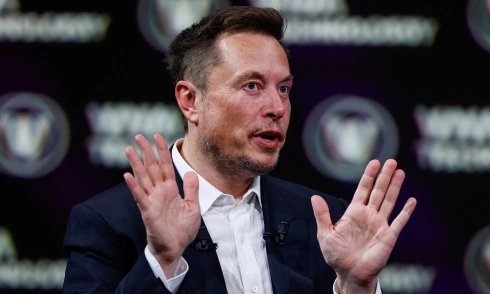
While Musk has not outlined specific details about how these savings would be achieved, there are several key areas where such cuts could be made. Let’s explore some potential strategies that could lead to savings of such a magnitude.
#### **1. Streamlining Government Operations**
One area where Musk sees potential for major savings is through the modernization and streamlining of government operations. He has often pointed out that much of the US government operates with outdated technology and inefficient bureaucratic processes. By investing in modern technology, automating routine tasks, and reducing redundancy across departments, the government could improve efficiency and save billions of dollars.
For instance, implementing cloud-based systems for data management and communication could reduce the need for costly infrastructure and improve the speed and accuracy of government services. Similarly, AI and machine learning could be employed to optimize decision-making processes, reducing the need for human intervention in certain administrative tasks.
#### **2. Cutting Defense Spending**
Another area that could contribute to significant savings is the US defense budget. The United States spends more on defense than any other country in the world, with a defense budget that exceeds $700 billion annually. While national security is undoubtedly important, many critics argue that the US could achieve a similar level of security with a more efficient and cost-effective military strategy.
Musk, who has been outspoken about the military-industrial complex, believes that there are areas where defense spending could be reduced without compromising national security. For example, reducing unnecessary military contracts, eliminating outdated programs, and focusing on more targeted defense strategies could lead to substantial savings.
#### **3. Reforming Healthcare Programs**
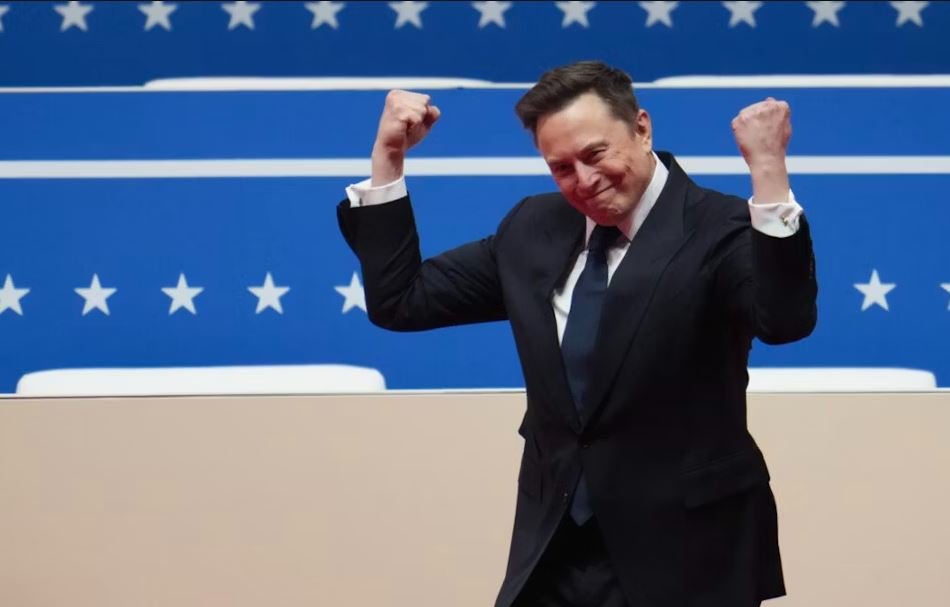
Healthcare spending, particularly on Medicare and Medicaid, is one of the largest and most rapidly growing expenses in the federal budget. With an aging population and rising healthcare costs, these programs are projected to consume an ever-increasing share of federal funds in the coming decades.
Musk has expressed the need for more efficient healthcare solutions, and some argue that there is room for reform in these programs. Streamlining healthcare administration, eliminating fraud and waste, and promoting preventative care could reduce the overall cost of healthcare while still providing quality services to those in need.
#### **4. Reducing Wasteful Subsidies and Entitlements**
Another area that could contribute to savings is the elimination of wasteful subsidies and entitlement programs. Many industries, including agriculture, energy, and transportation, receive substantial government subsidies, some of which are seen as unnecessary or inefficient. Musk has often advocated for reducing such subsidies, especially when they benefit large corporations rather than individuals or the public good.
By redirecting funds from these subsidies into more productive uses, such as education, infrastructure, and innovation, the US government could create long-term economic benefits while simultaneously reducing its budget deficit.
### **The Role of Innovation and Technological Advancements**
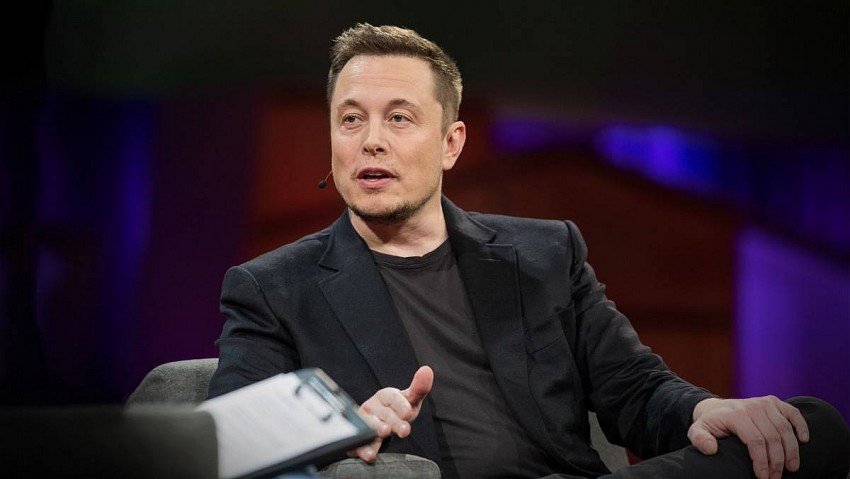
Innovation is at the core of Musk’s vision for the future. As the founder of multiple technology companies, he understands the power of disruptive technologies to change industries and create efficiencies. Musk believes that applying the same principles of innovation and technological advancement to government operations could yield substantial savings.
For example, the use of blockchain technology could reduce fraud and enhance transparency in government spending, while the widespread adoption of electric vehicles could reduce transportation costs and environmental impacts. Furthermore, advancing renewable energy technologies could reduce the US’s dependence on fossil fuels, leading to both environmental and economic benefits.
### **Potential Challenges**
While Musk’s proposed savings are certainly ambitious, there are several challenges to achieving such a significant reduction in the federal budget. The US government is vast and complex, and making changes on the scale Musk envisions would require significant political will and bipartisan support.
Additionally, some of the proposed changes, such as cutting defense spending or reforming entitlement programs, may face strong opposition from certain political groups or interest groups. Implementing large-scale reforms would require overcoming these political hurdles and ensuring that the changes benefit the American people as a whole.
### **The Long-Term Impact of Budget Savings**
If Musk’s predictions hold true and the US can indeed save $1 trillion before May, the long-term impact on the economy could be transformative. The savings could be used to reduce the national debt, fund infrastructure projects, or invest in new technologies that drive economic growth. Lowering the deficit would also improve the country’s credit rating and reduce the amount of money spent on interest payments.
Furthermore, these savings could help address some of the systemic challenges facing the US economy, such as income inequality and access to healthcare. By redirecting funds to programs that promote economic opportunity and improve quality of life, the government could foster a more equitable society.
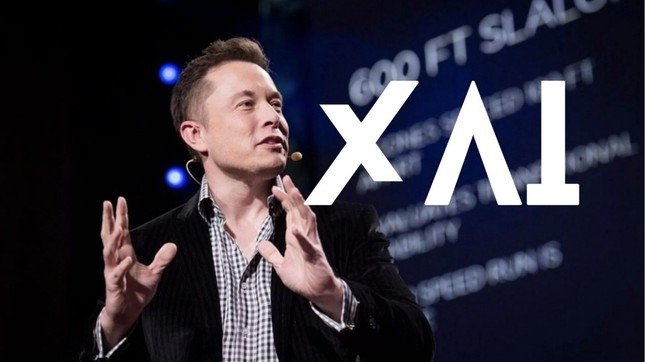
### **Conclusion: Can Elon Musk’s Vision Become a Reality?**
Elon Musk’s bold claim that the US could save $1 trillion in its budget before May is certainly provocative, but it also highlights the need for innovative thinking in the face of pressing economic challenges. By streamlining government operations, reducing defense spending, reforming healthcare programs, and cutting wasteful subsidies, there is a clear path to achieving such savings.
While the road to such significant budgetary changes will be difficult and fraught with political challenges, Musk’s vision underscores the importance of embracing technology and efficiency in solving the nation’s fiscal problems. If implemented successfully, these changes could not only improve the US economy but also create a more sustainable and prosperous future for generations to come.
